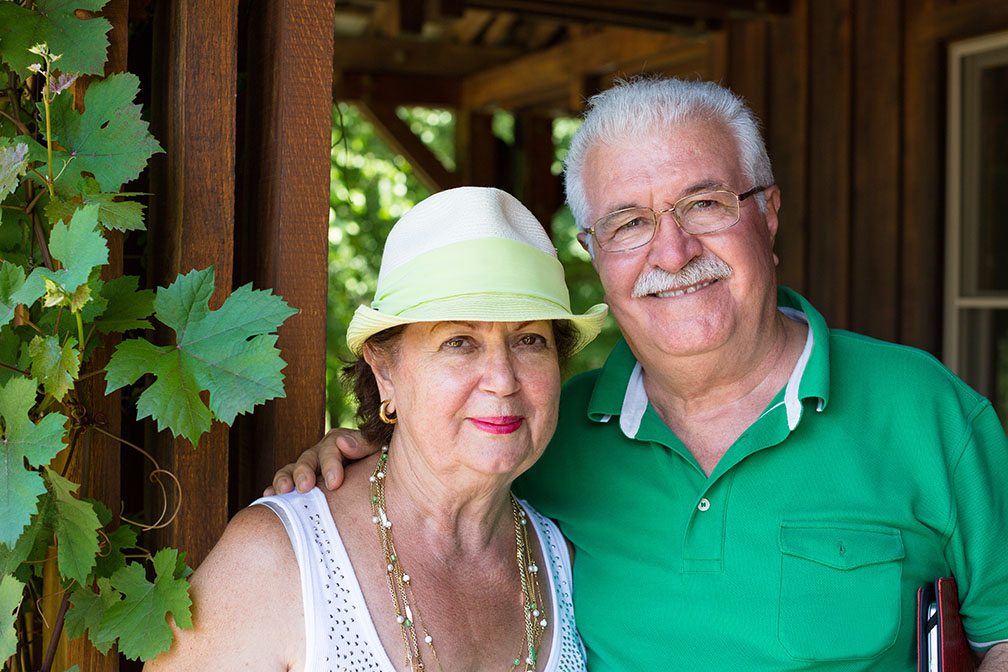Forget About the Bank of Mom and Dad — Here’s How You Can Save Your Own Down Payment
 Are you considering buying a home for the first time? For some, it can seem nearly impossible to come up with the funds for the down payment. Fortunately, there are a few ways that you can save a little over time and not have to borrow from the “Bank of Mom and Dad”. If you’re looking to invest in a home in the short-term and are looking for solutions to save up, here are some tips on how to get to your down payment amount more quickly.
Are you considering buying a home for the first time? For some, it can seem nearly impossible to come up with the funds for the down payment. Fortunately, there are a few ways that you can save a little over time and not have to borrow from the “Bank of Mom and Dad”. If you’re looking to invest in a home in the short-term and are looking for solutions to save up, here are some tips on how to get to your down payment amount more quickly.
Create A Budget
Most people don’t like the idea of a budget, but few things are going to help you reach your financial goals like having one. Instead of sticking your head in the sand, add the numbers up and see approximately how much you’re spending each month. It may not seem like it, but getting a sense of what your monthly costs are can help you get a good idea of your overall financial picture and how much you really should be spending.
Get An Extra Job
Whether you want to do a freelance job on the side or get some part-time work, there are few things that are going to help you achieve your goal of home ownership like a little extra money. It may seem like a drag to go to a part-time gig from your full-time job, but it can be well worth it when you begin to see your bank account fill up. It’s just important that your part-time gig pays enough that it’s going to make up for the extra time you’ll be giving up.
Trim The Excess Costs
Now that you’ve got some extra money coming in and you’ve crafted a budget, you’re certainly on the right track. However, indulging in life’s little luxuries can eat away at your savings. While you’ll want to keep a little aside for meals out or entertainment, if you have other sizeable costs you’ll want to eliminate these in order to save for your greater goal.
It can take some time to save up for a down payment, but you may be able to avoid borrowing money if you bring in more each month and get rid of excess costs. For more information, contact your trusted mortgage professional and we’ll be happy to help.

 Outside of the significant financial responsibility of delving into home ownership, there can also be a lot of other risks involved that you may not have thought about before investing in a home. You’ll need to protect your home against theft or burglary. And homeowner’s insurance to protect your home and belongings is almost a requirement. But there are other less common occurrences you may not have thought about. If you happen to be living in an area that’s at high risk of fire, here are some things to consider beforehand.
Outside of the significant financial responsibility of delving into home ownership, there can also be a lot of other risks involved that you may not have thought about before investing in a home. You’ll need to protect your home against theft or burglary. And homeowner’s insurance to protect your home and belongings is almost a requirement. But there are other less common occurrences you may not have thought about. If you happen to be living in an area that’s at high risk of fire, here are some things to consider beforehand. There are many mortgage products on the market that work for all different kinds of homebuyers, but many people have not heard about reverse mortgages and how they can benefit their situation. If you’re curious about this type of mortgage and want to know more, here are some questions that will get you on the road to understanding the ins-and-outs of this product.
There are many mortgage products on the market that work for all different kinds of homebuyers, but many people have not heard about reverse mortgages and how they can benefit their situation. If you’re curious about this type of mortgage and want to know more, here are some questions that will get you on the road to understanding the ins-and-outs of this product.